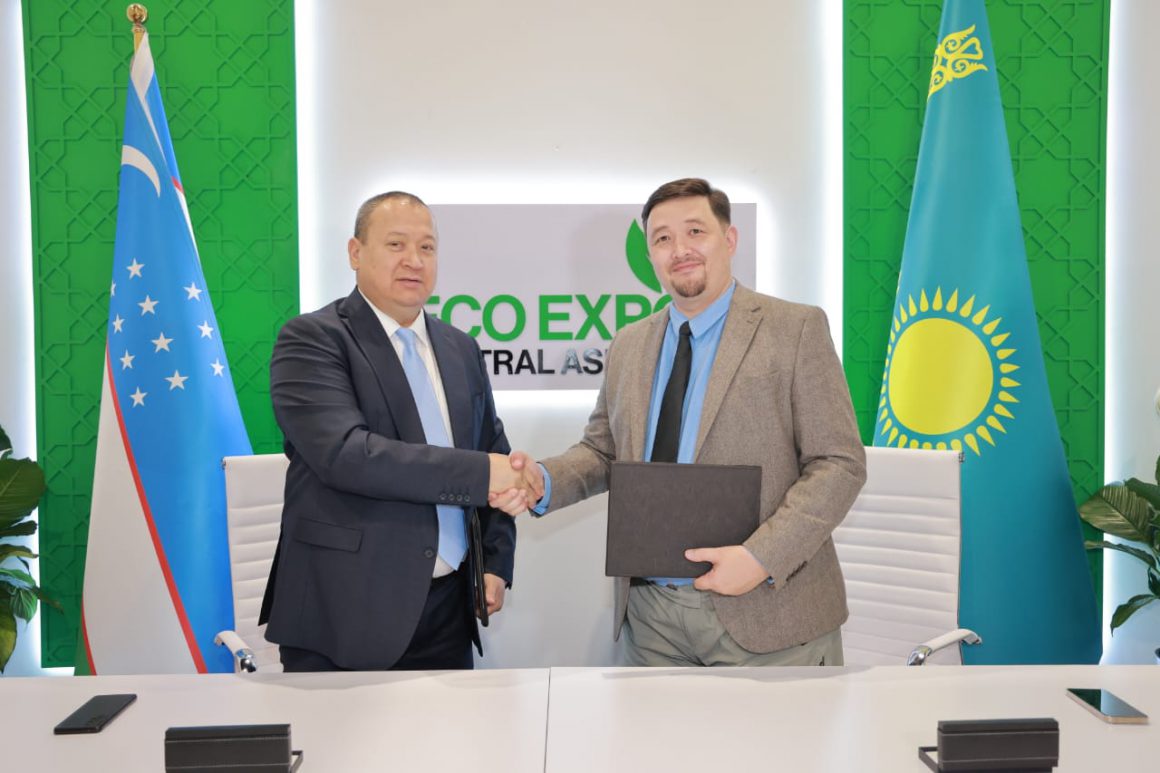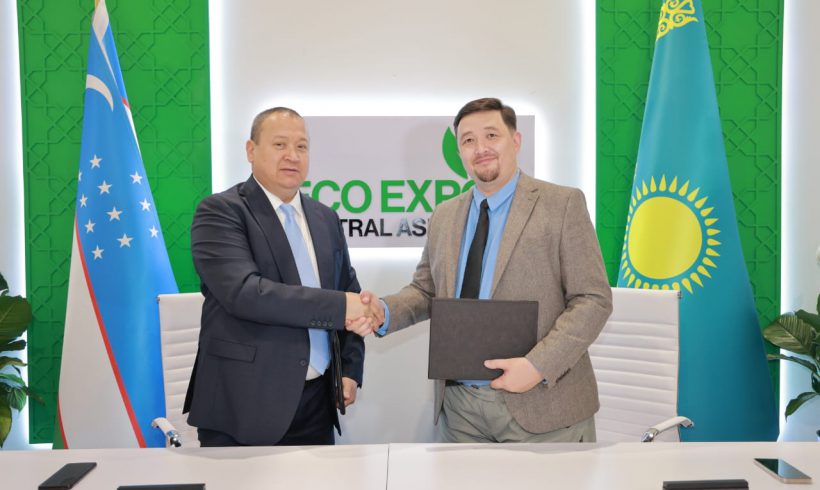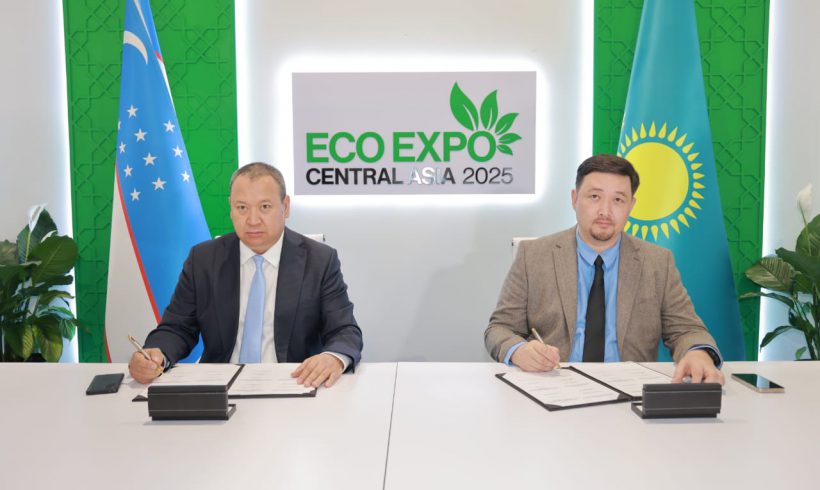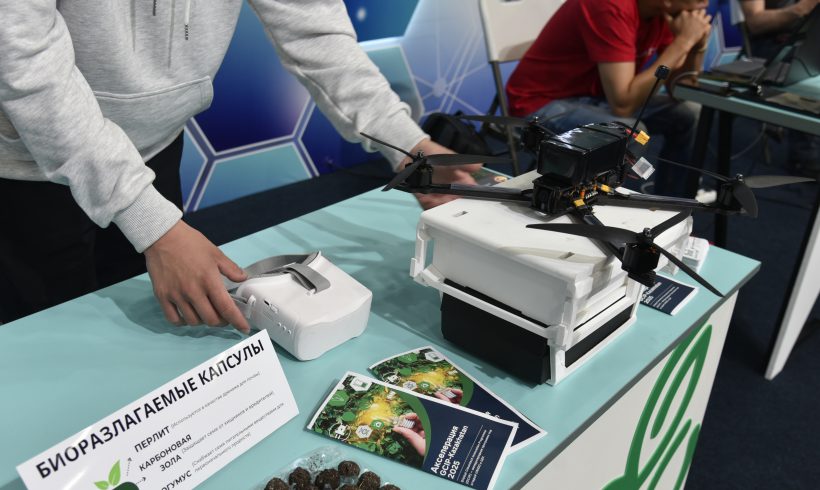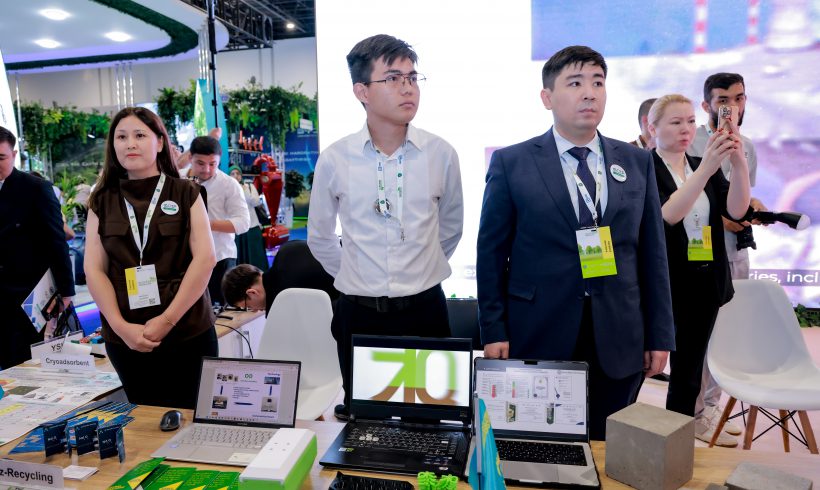Where there was once desert, trees may soon grow — all thanks to a joint initiative between Kazakhstan and Karakalpakstan. During the ECO Expo Central Asia 2025, a Memorandum of Understanding was signed between the International Green Technologies and Investment Projects Center (IGTIPC) and the Ministry of Ecology, Environmental Protection and Climate Change of the Republic of Karakalpakstan.
This document marks the launch of an innovative pilot project aimed at restoring vegetation in the region of Karakalpakstan. At the core of the project is the TQ-Drone — a smart drone capable of sowing vast areas with seed capsules in an automated manner. The first planting site will cover 10 hectares, with the broader vision focused on restoring ecosystems in the Aral Sea region.
The initiative is fully supported by the Ministry of Ecology of Karakalpakstan, which will provide land, facilitate scientific monitoring, and explore opportunities to scale the project across the republic. The technical implementation lies with the Kazakh startup TQ-Drone, a graduate of the GCIP Kazakhstan acceleration program — led by IGTIPC in partnership with UNIDO and the Global Environment Facility (GEF).
“This is not just an experiment. It’s a technological response to climate challenges. Kazakhstan is sharing not only its experience, but also the tools that have already proven effective. We believe in the power of partnerships — especially with regions like Karakalpakstan, where solutions must be fast, innovative, and sustainable,” — said Saken Kalkamanov, Acting Chairman of IGTIPC.
The Memorandum goes beyond a single project — it establishes a long-term cooperation framework in the field of green transformation. This includes experience-sharing, the development of regulatory frameworks, technological audits, and the deployment of drone-based eco-services.
This initiative is yet another confirmation that Kazakhstan is becoming a regional hub for environmental technologies in Central Asia, building a network of partners ready to reshape the region’s climate future — together.


